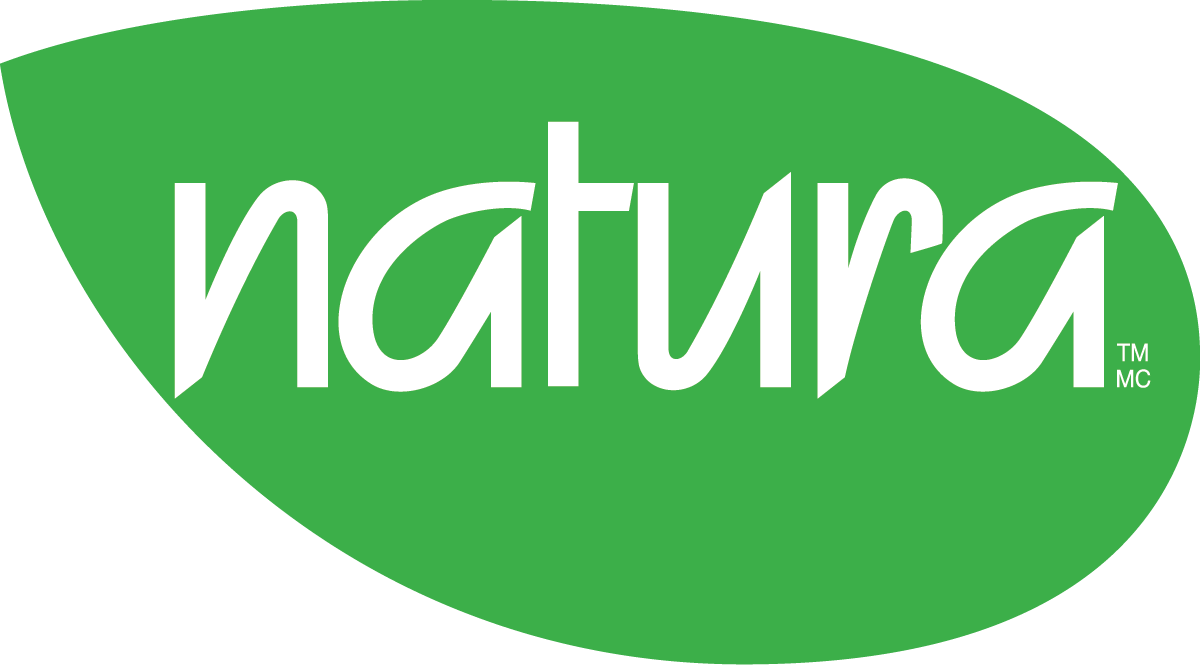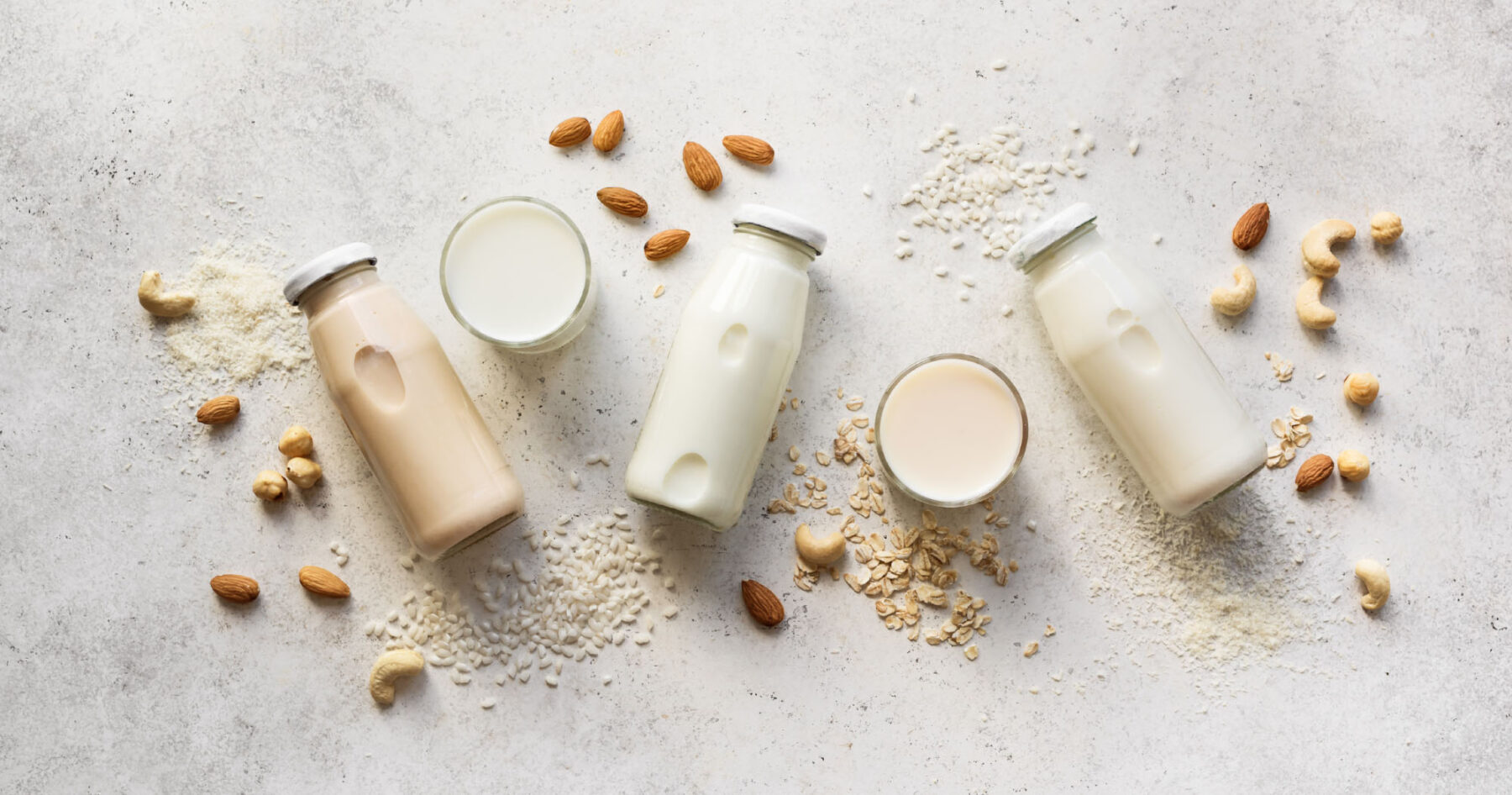The plant-based dairy market in North America has experienced remarkable growth, becoming the largest category within plant-based products and accounting for approximately 10% of the total milk market. Sales reached $3 billion (USD) in 2020 and are projected to reach $3.7 billion (USD) by 2025. Thanks to companies like Natura, one of Canada’s top three producers, the growing number of plant-based milk consumers now have more non-dairy choices than ever. There are a number of reasons why non-dairy milks have gained in popularity in the last few years. Increasing dietary preferences and restrictions, such as veganism, lactose intolerance and a general interest in healthier lifestyles, have contributed to this shift. In addition, environmental considerations play a role, as plant milks often require less water and produce fewer greenhouse gas emissions than traditional dairy products. With a wide range of flavors and textures, plant-based drinks are also highly versatile for cooking and baking. Join us to find out why plant milks are healthier alternatives to cow’s milk and how to use them in recipes.
Almond Milk
Almond milk is a great alternative to traditional dairy milk because it has a lower fat content than other plant-based milks, which makes it a little bit less heavy than coconut or soy milk. It’s also very low in calories, so if you’re watching your weight, this might be a good option for you. Our almond milk, with its delicious nutty taste, works wonders for cooking and baking. Using it to replace cow’s milk in recipes is not only a healthier option, it’s also more convenient. It can be used in place of 2% milk and whole milk when baking, using equal proportions (1:1). Interestingly, when whole milk is replaced by almond milk, your baked goods will bake a bit faster due to its higher water content, saving you valuable time in the kitchen. A win-win situation indeed!
Soy Milk
Soy milk is another popular choice for those looking for a creamy alternative to dairy milk. With more protein per cup (6g) than almond milk, it serves as a more filling option, making it popular among athletes and those looking to build lean muscle. Beyond its high protein content, soy milk is rich in isoflavones (also known as phytoestrogens). According to a 2019 health study, isoflavones are recognized as chemoprotective and can serve as an alternative therapy for a broad array of hormonal disorders, encompassing various types of cancers, such as breast and prostate cancer, cardiovascular diseases, osteoporosis, and menopausal symptoms.1
Oat Milk
Rich in fiber (specifically in beta-glucan), oat milk is a great alternative to cow’s milk for individuals dealing with digestive issues such as irritable bowel syndrome (IBS), as well as those striving to manage their weight. A recent study shows that dietary fibers prevent obesity through reduction of hunger and prolonged feeling of satiety.2 A high fiber intake is also associated with fewer metabolic diseases, like diabetes and cardiovascular disease, as it slows down the absorption of glucose.3 Many people appreciate oat milk for its versatility in the kitchen. Due to its creaminess and neutral taste, it can be used to replace regular cream in soups (e.g. cream of mushroom or butternut squash soup). You can also mix it into mashed potatoes for a rich, dairy-free version of your favorite side dish.
Rice Milk
Rice milk is a nutritious plant-based alternative known for its naturally sweet taste and light consistency. Compared to other plant-based milks, rice milk is generally lower in protein and higher in carbohydrates, making it an excellent energy source for those with an active lifestyle. It’s also free from common allergens such as lactose, nuts, and soy, making it a suitable option for individuals with dietary restrictions. In recipes, its subtle flavor and sweetness complement a variety of dishes, from savory entrées to sweet desserts. Rice milk is thinner than other non-dairy milks. It can be used for baking but because it is so light, the recipe will probably require some other type of thickening agent such as flour, xanthan gum or cornstarch.
Why Choose Natura
Although plant milks offer many health benefits, it’s essential to pay close attention to nutritional labels. Choose brands, such as Natura, that are committed to using organic ingredients that are locally sourced and locally produced. Beware of commercial milks that may contain added sugars and preservatives, which could potentially reduce their overall health benefits. By opting for unsweetened versions, you can enjoy the full nutritional benefits of these plant-based beverages.
At Natura, your health is our priority. We offer a diverse selection of oat, soy, rice and almond-based beverages that let you enjoy all the nutritional benefits of traditional milk without the drawbacks such as cholesterol, hormones and sodium. Our mission is to offer today’s health-conscious consumers delicious, non-dairy, plant-based organic beverages at a price they can afford every day. By choosing our products, you’re opting for a healthier alternative to dairy products and taking part in a growing trend that supports sustainable development and animal welfare.
Discover more: www.natura.ca/en/products
***
Sources
1: Křížová L, Dadáková K, Kašparovská J, Kašparovský T. Isoflavones. Molecules. 2019 Mar 19;24(6):1076. doi: 10.3390/molecules24061076. PMID: 30893792; PMCID: PMC6470817.
2: Akhlaghi M. The role of dietary fibers in regulating appetite, an overview of mechanisms and weight consequences. Crit Rev Food Sci Nutr. 2022 Oct 4:1-12. doi: 10.1080/10408398.2022.2130160. Epub ahead of print. PMID: 36193993.
3: Ioniță-Mîndrican CB, Ziani K, Mititelu M, Oprea E, Neacșu SM, Moroșan E, Dumitrescu DE, Roșca AC, Drăgănescu D, Negrei C. Therapeutic Benefits and Dietary Restrictions of Fiber Intake: A State of the Art Review. Nutrients. 2022 Jun 26;14(13):2641. doi: 10.3390/nu14132641. PMID: 35807822; PMCID: PMC9268622.





